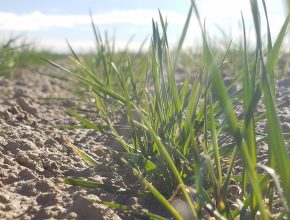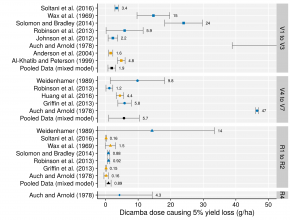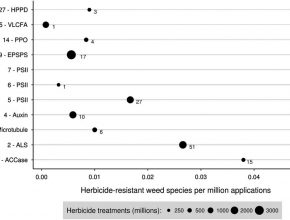
Occam’s Razor rarely includes conspiracy theories
Proponents of genetically engineered crops (often called GMOs) often decry the anti-GMO movement for promoting implausible conspiracy theories. I’ve been blocked on Twitter by people claiming the Department of Agriculture and Supreme Court of the United States were simply pawns of Monsanto and the pesticide industry. I’ve pushed back against those saying that pesticides are the cause of microcephaly (instead of the Zika virus). I’ve written blog posts explaining the evidence that debunks some of these improbable stories. Spreading these …
Occam’s Razor rarely includes conspiracy theories Read More

